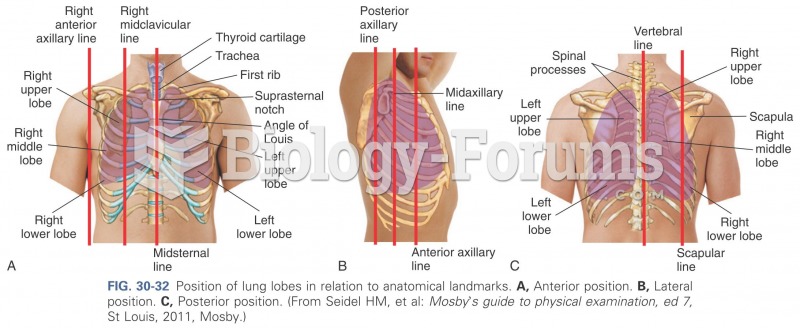|
|
|
Did you know?
The term pharmacology is derived from the Greek words pharmakon("claim, medicine, poison, or remedy") and logos ("study").
Did you know?
Street names for barbiturates include reds, red devils, yellow jackets, blue heavens, Christmas trees, and rainbows. They are commonly referred to as downers.
Did you know?
Interferon was scarce and expensive until 1980, when the interferon gene was inserted into bacteria using recombinant DNA technology, allowing for mass cultivation and purification from bacterial cultures.
Did you know?
Increased intake of vitamin D has been shown to reduce fractures up to 25% in older people.
Did you know?
Sperm cells are so tiny that 400 to 500 million (400,000,000–500,000,000) of them fit onto 1 tsp.
 Relaxed ear position of a bored or resting horse. Lower lip is loose, also indicating relaxation. Th
Relaxed ear position of a bored or resting horse. Lower lip is loose, also indicating relaxation. Th
 Although most gestures are learned, and therefore vary from culture to culture, some gestures that ...
Although most gestures are learned, and therefore vary from culture to culture, some gestures that ...





